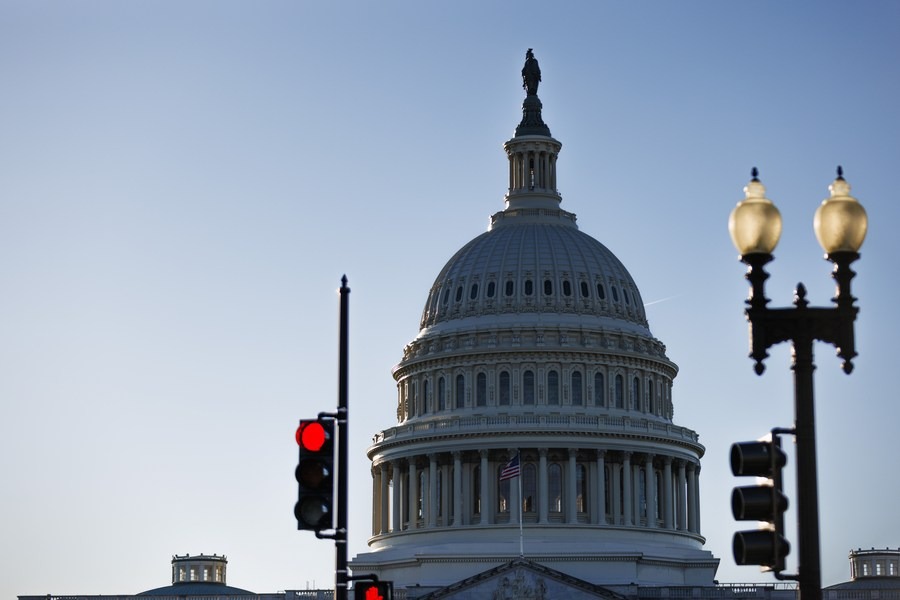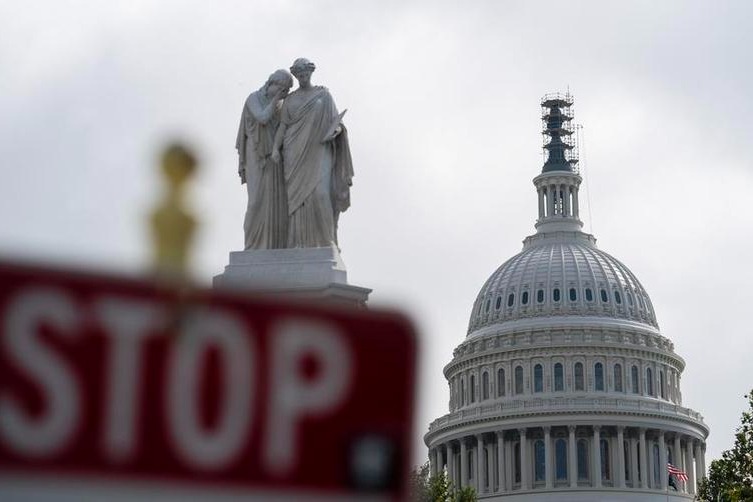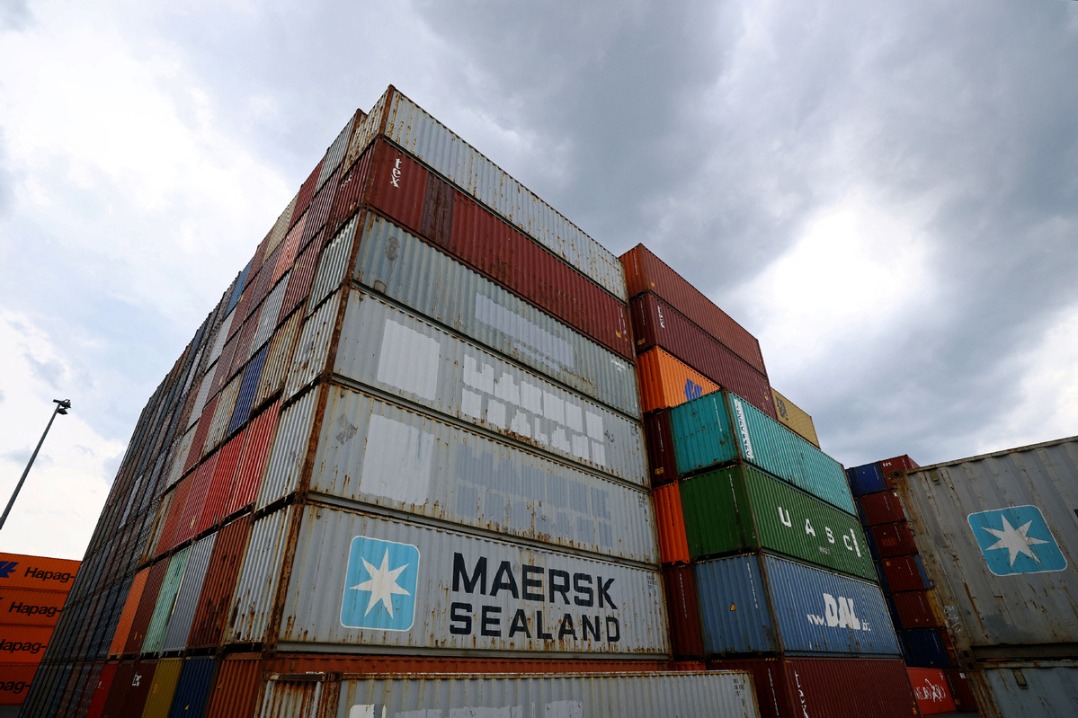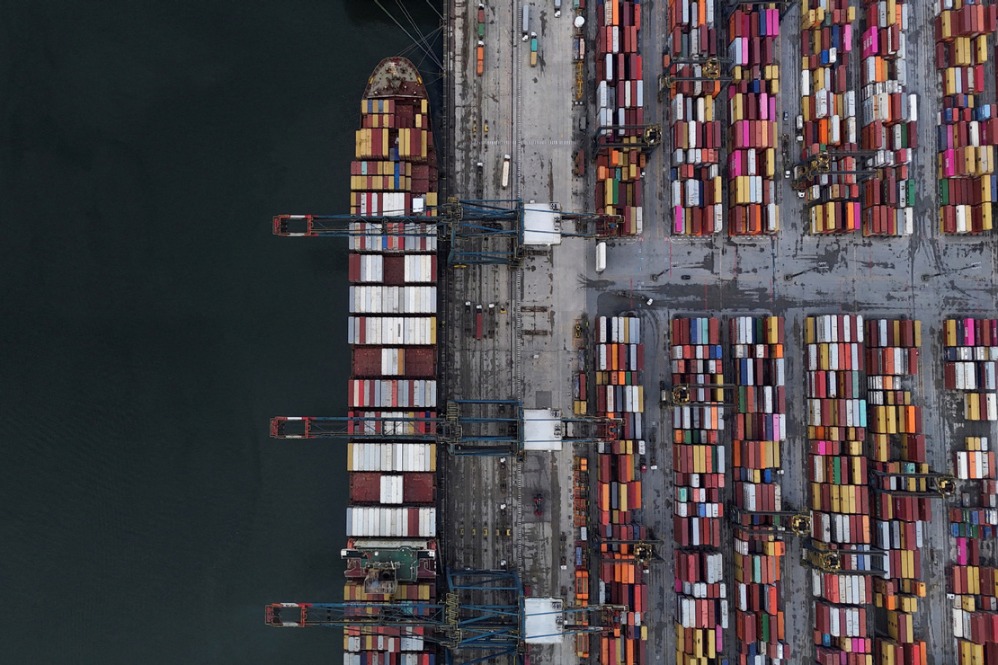Walking far and together: The China-Africa journey through Nairobi's streets


Like many fast-growing African cities, Kenya's capital hums with energy but grapples with inadequate infrastructure: frequent power cuts in office buildings, crumbling roads in the city center, and drainage systems easily overwhelmed during the rainy season.
However, it's hard not to notice Nairobi's great transformation — and China's visible role in it. Major landmarks across the city bear the imprint of Chinese construction, including the Nairobi Expressway, the country's first toll road; the 184-meter-tall Global Trade Center; and the Mombasa-Nairobi Standard Gauge Railway, Kenya's largest infrastructure project since its independence in 1963.
These developments haven't just driven the country's modernization; they've also made daily life easier. At a restaurant in the Serena Hotel in the capital, a manager approached me and spoke glowingly of the changes. "There are many Chinese working here in Kenya, and they've made great contributions," she said.
Her favorite example was the Nairobi Expressway. Before it opened in May 2022, she sometimes spent up to four hours covering the 20 kilometers from her home to the airport. "Now, it takes just half an hour," she said. "Without China, the expressway wouldn't exist even today."
She praised the quality of Chinese-built infrastructure and goods, and expressed a wish to visit China herself one day.
With a population of around 5 million, Nairobi is one of Africa's most cosmopolitan cities. It is home to major international organizations, including the United Nations Environment Programme and the UN Office at Nairobi — the UN's only headquarters in Africa. Thousands of UN expatriates are estimated to live and work in the city.
In security-guarded high-end malls, people from diverse backgrounds mingle. Yet, Chinese presence is felt everywhere. Shops are full of "Made in China" products, Chinese companies are building new roads, and Chinese-made solar panels light the streets. Rent a well-equipped apartment, and chances are it's in a Chinese-built complex.
Beyond Kenya, China has left an indelible mark on infrastructure in other African countries through the Belt and Road Initiative. Over the past 25 years, China has helped complete more than 10,000 kilometers of railways, 100,000 kilometers of roads, nearly 1,000 bridges and close to 100 ports across the continent, according to official data.
These projects have reshaped Africa's landscape, boosted connectivity, and unlocked new development opportunities. Increasingly, Africans are seeing China not just as a mysterious oriental nation, but as an innovative, tech-savvy partner full of business potential. Opinion polls suggest China is becoming increasingly favored by people in many African countries, thanks mainly to its delivery of public goods.
A recent survey by the pan-African research network Afrobarometer, covering 29 countries, found that 60 percent of respondents viewed China's political and economic influence positively, ranking it above the United States, the European Union and even the African Union.
As China-Africa exchanges deepen, the Chinese language is gaining popularity across the continent.
In Kenya, Mandarin is primarily taught in universities and high schools. However, the Ministry of Education is preparing to incorporate it into the national curriculum and expand teaching to middle and primary schools. This move is part of a broader strategy to equip graduates for global opportunities, said Carol Hunja, secretary for higher education and research.
In Nairobi, the annual "Chinese Bridge" language proficiency competition draws thousands of students from colleges and high schools. Some top performers earn scholarships to further their studies in China.
For many in Kenya, China's success is inspiring. To African scholars, China's transformation from an impoverished country to a major global power in just four decades is not only a story to be told but also one to be learned, which also fuels Africa's own aspirations for modernization.
"In four decades, the Chinese path to modernization enabled China to lift an estimated 850 million people from the clutches of extreme poverty and soared the country to the world's second-largest economy," Peter Kagwanja, president of the Africa Policy Institute, said in a speech in April. "It inspired Africa to seek its own in the new millennium."
China and Africa — the world's biggest developing country and a continent with the most developing countries — share many similarities, including a history of colonization and external exploitation. In today's world, characterized by uncertainty and unpredictability, both have chosen solidarity over division.
As the African proverb goes: "If you want to walk fast, walk alone. But if you want to walk far, walk together." China and Africa have decided to walk far together.
The author is deputy chief of China Daily Africa Bureau based in Nairobi, Kenya.

































